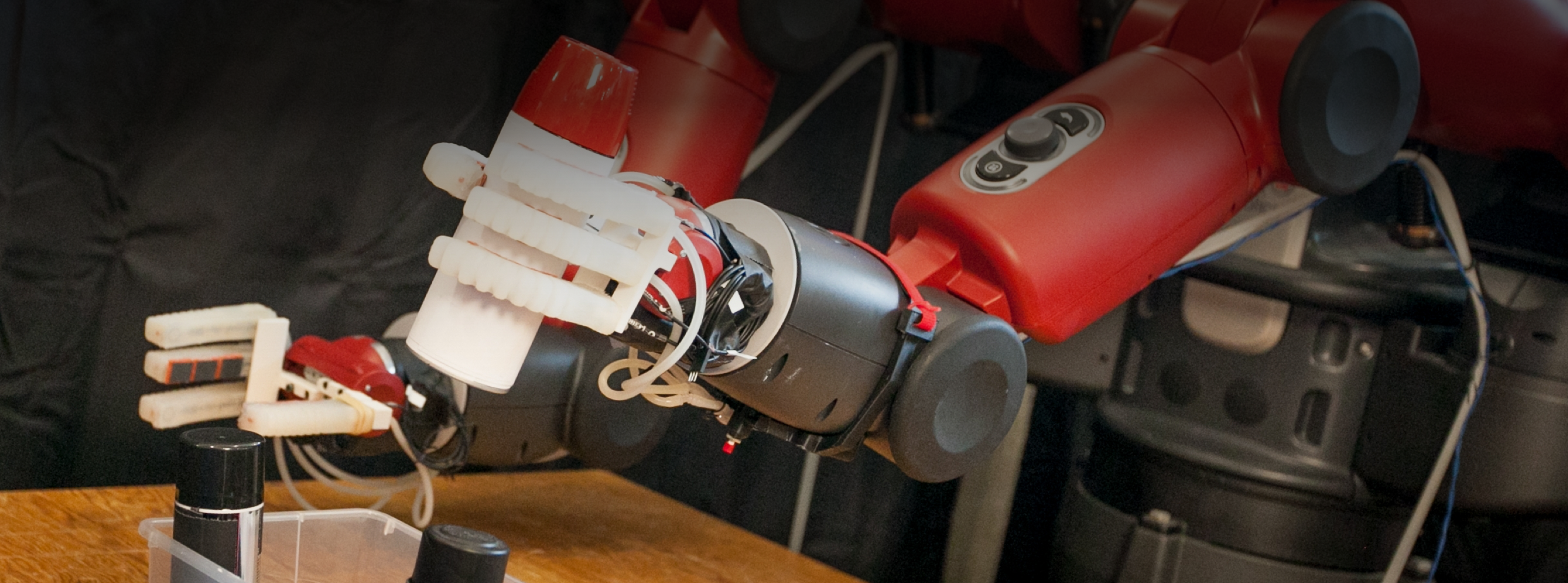WRITTEN BY: Matt Busekroos
Kayode Ezike was born to two Nigerian Igbo immigrants in the Bronx where he spent the better part of a decade before moving to New Rochelle, NY. Ezike’s parents have not been bashful about the importance of maintaining their identity in an environment that has not always accepted it.
From a young age, Ezike and his three siblings have been exposed to Igbo culture in the form of language, cuisine, music, and values. He credits the love and support from his communities for his growth and has special pride for his heritage.
When the time came for Ezike to apply for college, he factored in several key conditions of candidate schools, including a strong STEM program that could nurture a budding interest in Computer Science, and a challenging environment that could propel him to leadership on a global scale. Additionally, he knew he wanted to be part of an ecosystem of brilliant and interesting people. With these factors in mind, Ezike attended MIT for undergrad and spent an additional year and change working on the popular Master of Engineering degree.
Ezike’s advisor is CSAIL Principal Research Scientist Lalana Kagal, who co-leads the Decentralized Information Group (DIG) alongside Sir Tim Berners-Lee. Ezike said Kagal has been a great, indispensable resource during his time at DIG.
“For one, she taught me how to design, implement, and manage a long-term project from beginning to end,” Ezike said.“
She also taught me more about the academic writing process by encouraging me to submit to academic conferences and constructively reviewing my thesis. Finally, Lalana taught me how to keep abreast with the current state of academic, industrial, and engineering activity by engaging with the right communities and plugging into appropriate channels.”
Ezike’s research focus is around credentialing on the Web. As actors in the economy, politics and society at large, individuals are interested in accessing a number of physical and virtual activities and services throughout any given day of their lives. Some of these include driving, traveling internationally, voting, and practicing medicine, among others.
“Permitting access to these activities necessitates a reliable credentialing system that enables Issuers (ex. MIT) to make claims (ex. completion of MEng degree) about Subjects (ex. MEng Candidate) with confidence that these statements will maintain strong association to their origin and integrity against modification, so that future Verifiers (ex. Google) that are interested in a Subject’s qualifications and capabilities can confidently decide whether to grant access to a privileged activity (ex. employment at Google),” Ezike said.
Ezike said the current state of credentialing is such that data is stored and managed by disparate and incompatible physical and virtual systems that are exposed to privacy and security risks. His research will allow all stakeholders of a credential to reliably perform their service.
“On the part of Issuers, they will have good confidence that their credential will maintain its integrity, so that they are only tied to claims that they have actually delivered,” Ezike said.“From the perspective of Subjects, they will have reasonable assurance that their credentials are securely and unilaterally managed. Finally, for Verifiers, they will have a reliable means of inspecting the integrity of credentials before granting permission to access privileged activities and services.”
Ezike graduated from CSAIL in March and has since joined Sela as Director of R&D. Sela is developing a suite of technologies and strategies for reliably delivering sustainable development in the emerging world, according to Ezike. He said Sela is leveraging a number of key technologies to deliver their mission. Their thesis emerged from a realization that there is a serious deficiency in accountability and transparency when it comes to delivering environmental and infrastructural projects in underserved communities.
The first of these projects will be one of the largest oil spill cleanups in history, which has been abandoned for several decades and is currently underway in the Niger Delta region of Nigeria.
“We are using Distributed Ledger Technology (DLT) to reliably account for the movement of funds on the platform and encourage constructive behavior on the platform,” Ezike said. “Additionally, we are leveraging Artificial Intelligence (AI) to cross-reference evidential project related data submitted by local community members with satellite imagery, enabling a more robust conditional funding mechanism.”
From a series of pilots conducted in the Niger Delta in early 2018, they learned there is need for a voice-first interface, considering the fact that there is a significant illiterate populace among their target users. Ezike said this presents a unique opportunity to fill current gaps in voice datasets, which largely contain voices from the Western world.“
Since the summer of 2017, when I first became involved with Sela, I have been excited about my potential to deliver massive impact when I join the workforce,” Ezike said. “I am glad that this reality is finally coming to fruition as I conclude my stay at MIT and prepare to join the team full time to help deliver the research and development necessary to execute on our mission.”

